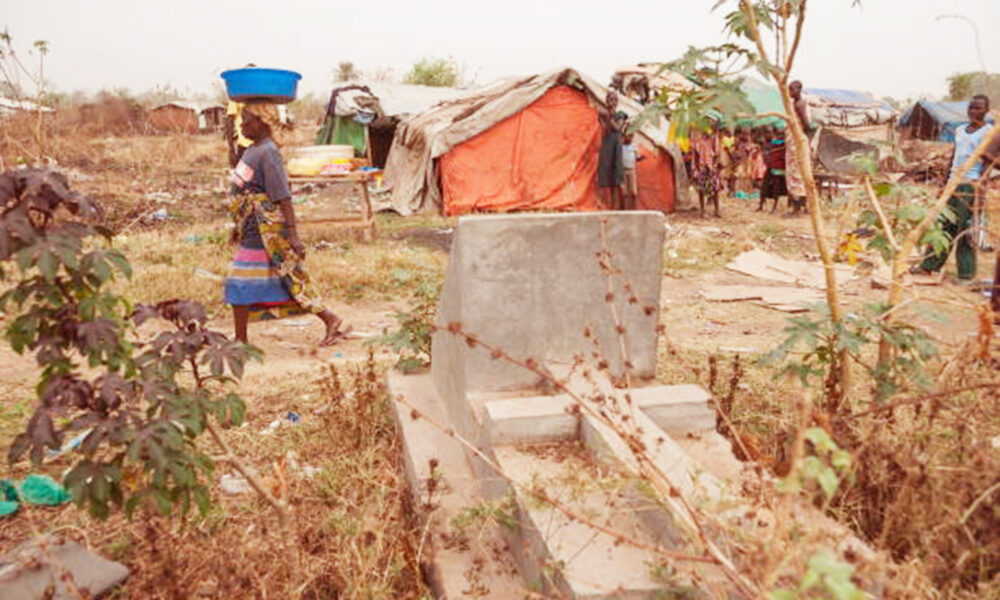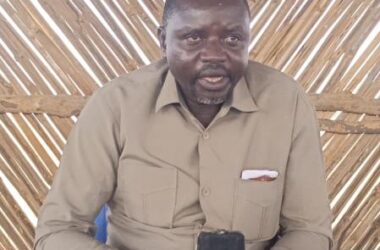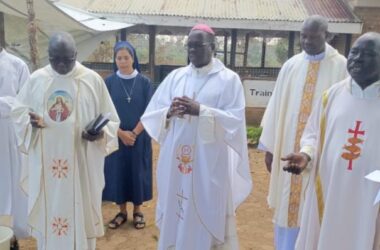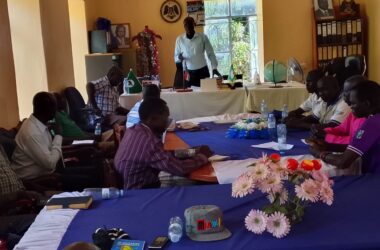By Kei Emmanuel Duku
The Central Equatoria State (CES) government has launched an investigation into the unusual circumstances under which residents of Juba City have reportedly relocated and chosen to live within public spaces designated by the government, specifically cemeteries.
Although state authorities did not immediately specify which burial grounds they were focusing on, residents of several cemeteries had previously resisted eviction attempts. These include the long-standing Hai Malakal cemetery and another burial site located in the Munuki residential area along the Munuki-Billpham Road in Juba.
In an effort to find a sustainable solution, CES Governor Lt. Gen. Rabi Mujung Emmanuel convened and chaired a security committee meeting on Tuesday. During the meeting, he issued a direct order to the Juba County Commissioner and the Juba City Mayor to immediately submit comprehensive reports identifying all cemeteries currently occupied by residents.
Following the meeting, which took place at Munuki Block, Leon Abe Brown, Minister of Local Government and Law Enforcement Agencies, addressed the media. He confirmed that key resolutions were passed, including concrete efforts to reclaim the grabbed public spaces and specifically address the persistent issue of people living in cemeteries.
“The State Security Committee meeting discussed the fate of public spaces in Juba reportedly grabbed by individuals and turned into residential areas,” Minister Abe stated. “We need findings on who lives there and why, to guide the way forward.” This detailed inquiry is crucial to understanding the social and economic drivers behind this unusual occupation.
Minister Abe also took the opportunity to reaffirm the State Government’s commitment to maintaining law and order, urging the public to cooperate fully with security organs as the investigations proceed.
Furthermore, the Committee addressed the operations of certain market associations, specifically mentioning the Bodaboda Association. The concern highlighted was that these associations’ functions and activities sometimes overlap with or interfere with the established functions of local government. The committee aims to clarify roles and responsibilities to ensure orderly operation.
Commenting on the overall safety of the region, the minister reassured the public that the general security situation across the State remains calm, despite isolated “pockets of some incidents” that the State authorities are actively managing.
The occupation of public cemeteries in Juba is a direct manifestation of the city’s rapid post-conflict population growth, uncontrolled urbanization, and a severe housing shortage.
Juba city has experienced significant land disputes and land grabbing, where private individuals or powerful figures illegally seize public land for residential or commercial use.
Bodaboda business is a widely used term across East Africa for motorcycle taxis. They are a critical and ubiquitous form of transport in Juba and across South Sudan. They provide essential public transport, particularly connecting people to areas inaccessible by larger vehicles. The sector employs thousands of young men, offering them a crucial source of income.
In Juba City, to manage the large number of riders, associations are formed. These association manage their members’ activities, including enforcing safety rules among riders, and acting as a collective voice for negotiation with the government.




